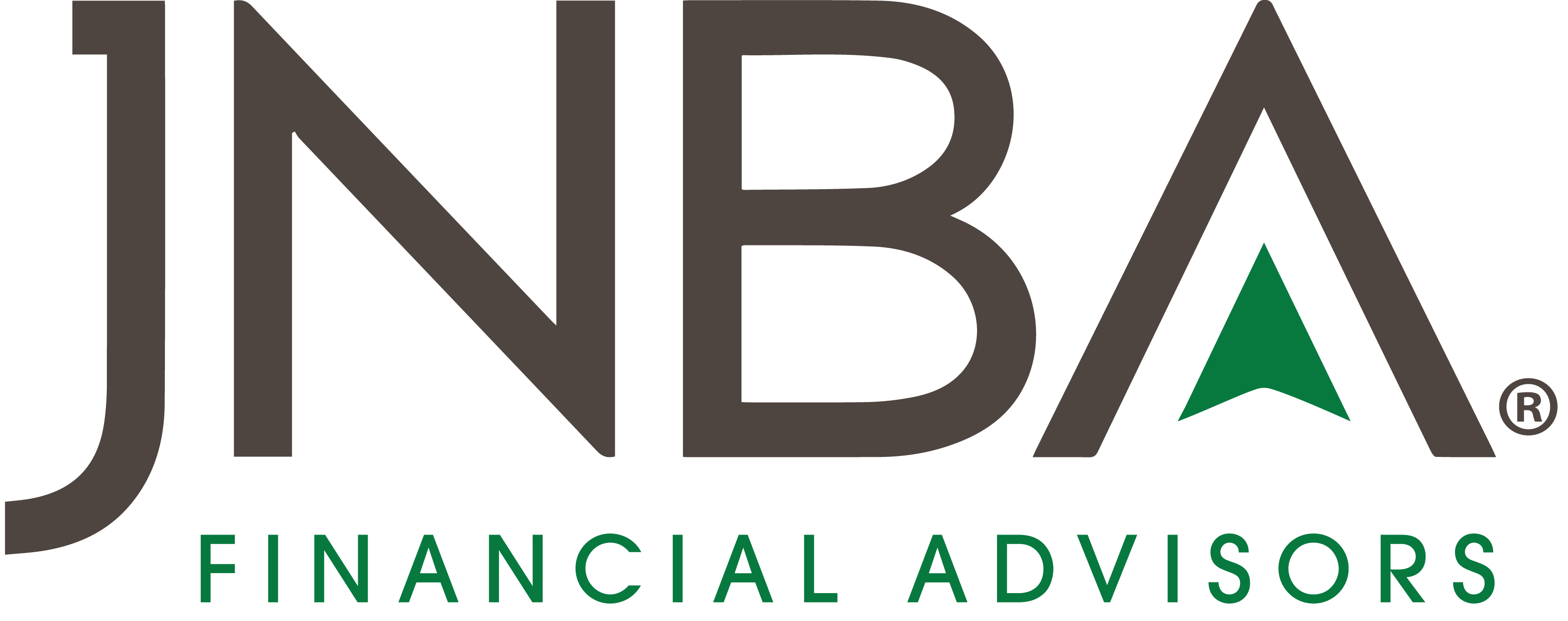Dealing with a hefty tax bill from the previous year can be a financial headache, but it doesn’t have to be a recurring nightmare. Whether you found yourself owing more than expected due to unforeseen circumstances or simply overlooked tax planning strategies, consider the following five changes to improve future years outcomes.
1. Review Current Withholdings:
One of the first steps to take if you owed a significant amount in taxes last year is to review your current withholding status. Your withholding determines how much of your income is withheld by your employer to cover your tax liability. If you owed taxes last year, it’s possible that your withholding was insufficient to cover your tax liability, leading to the balance due.
To adjust your withholding, you can fill out a new Form W-4 and submit it to your employer. This form allows you to specify the amount of federal income tax to be withheld from your paycheck. You may want to increase your withholding allowances to have more taxes taken out of your paycheck throughout the year, reducing the likelihood of owing taxes when you file your return.
2. Consider Withholding on Bonus Income:
If you receive bonus income throughout the year, it’s essential to consider how it impacts your tax liability. Bonuses are typically taxed at a higher rate than regular income, which can catch some taxpayers off guard. To avoid owing taxes on bonus income, you can request that your employer withhold a higher percentage of taxes from your bonus payments. This can help ensure that enough taxes are withheld to cover your tax liability on bonus income.
3. Review Your Deduction Strategy:
Whether you were taking the standard deduction or itemizing deductions can significantly impact your tax liability. The Tax Cuts and Jobs Act (TCJA) nearly doubled the standard deduction, making it more advantageous for many taxpayers to take the standard deduction rather than itemize. However, if you have significant deductible expenses such as mortgage interest, property taxes, or charitable contributions, itemizing may still be beneficial.
Reviewing your deduction strategy can help ensure that you’re maximizing your tax savings. If you find that you would benefit from itemizing deductions, make sure to keep thorough records of deductible expenses throughout the year.
4. Consider Changes in Income:
Changes in income can also affect your tax liability. If you experienced a significant increase in income from the previous year, you may find yourself in a higher tax bracket, resulting in a higher tax bill. Conversely, if your income decreased, you may owe less in taxes.
It’s essential to consider how upcoming changes in income will impact your tax liability and adjust your withholding accordingly. If you anticipate a significant increase in income, you may want to increase your withholding to account for the higher tax liability.
5. Review Changes in Tax Credits:
Tax credits can help reduce your tax liability dollar-for-dollar, making them a valuable tool for tax planning. If you owed taxes last year, it’s worth reviewing any changes in tax credits that may have impacted your tax liability.
For example, if you lost a child tax credit due to changes in your child’s eligibility or other factors, it could result in a higher tax bill. Similarly, changes in other tax credits, such as the Earned Income Tax Credit (EITC) or the American Opportunity Tax Credit (AOTC), can also affect your tax liability.
Dealing with owed taxes from the previous year can be stressful, but by taking proactive steps, you can better manage your tax liability and avoid a similar situation in the future. Consider reaching out to your JNBA Advisory Team to learn more about how we can help maximize your tax bracket and plan for upcoming tax payments by collaborating with your tax professional.
Due to various factors, including changing market conditions and/or applicable laws, some of the content may no longer be reflective of current opinions or positions. Moreover, you should not assume that any discussion or information contained in this blog serves as the receipt of, or as a substitute for, personalized investment advice from JNBA Financial Advisors.
JNBA is neither an agent of IRS nor an agent nor an agent U.S Department of Treasury. JNBA is not an accountant and no portion of the above should be construed as accounting advice. All accounting issues should be addressed with an accounting professional of your choosing.
Please see important disclosure information at jnba.com/disclosure





